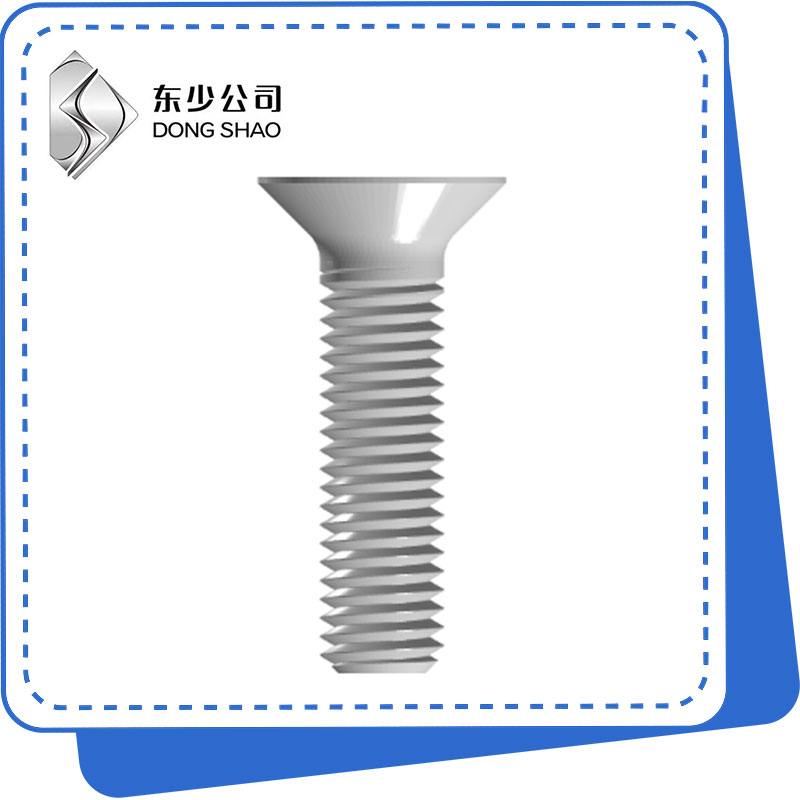- English
- 简体中文
- Esperanto
- Afrikaans
- Català
- שפה עברית
- Cymraeg
- Galego
- 繁体中文
- Latviešu
- icelandic
- ייִדיש
- беларускі
- Hrvatski
- Kreyòl ayisyen
- Shqiptar
- Malti
- lugha ya Kiswahili
- አማርኛ
- Bosanski
- Frysk
- ភាសាខ្មែរ
- ქართული
- ગુજરાતી
- Hausa
- Кыргыз тили
- ಕನ್ನಡ
- Corsa
- Kurdî
- മലയാളം
- Maori
- Монгол хэл
- Hmong
- IsiXhosa
- Zulu
- Punjabi
- پښتو
- Chichewa
- Samoa
- Sesotho
- සිංහල
- Gàidhlig
- Cebuano
- Somali
- Тоҷикӣ
- O'zbek
- Hawaiian
- سنڌي
- Shinra
- Հայերեն
- Igbo
- Sundanese
- Lëtzebuergesch
- Malagasy
- Yoruba
- Español
- Português
- русский
- Français
- 日本語
- Deutsch
- tiếng Việt
- Italiano
- Nederlands
- ภาษาไทย
- Polski
- 한국어
- Svenska
- magyar
- Malay
- বাংলা ভাষার
- Dansk
- Suomi
- हिन्दी
- Pilipino
- Türkçe
- Gaeilge
- العربية
- Indonesia
- Norsk
- تمل
- český
- ελληνικά
- український
- Javanese
- فارسی
- தமிழ்
- తెలుగు
- नेपाली
- Burmese
- български
- ລາວ
- Latine
- Қазақша
- Euskal
- Azərbaycan
- Slovenský jazyk
- Македонски
- Lietuvos
- Eesti Keel
- Română
- Slovenski
- मराठी
- Srpski језик
What Are the Basics of Screws?
2025-02-26
Screws are one of the most fundamental fasteners used in construction, manufacturing, and DIY projects. They come in various shapes, sizes, and materials, each designed for specific applications. Understanding the basics of screws can help in selecting the right one for any task, ensuring durability and structural integrity.
1. Components of a Screw
A typical screw consists of the following parts:
- Head: The top part of the screw, which contains the drive (slot, Phillips, Torx, etc.) used to tighten or loosen it.
- Shank: The smooth, unthreaded portion below the head that provides strength.
- Thread: The helical ridge that wraps around the screw, designed to cut into the material and secure the screw.
- Tip: The pointed end of the screw that allows it to penetrate materials easily.

2. Types of Screws
There are several types of screws, each suited for different applications:
- Wood Screws: Designed for use in wood, featuring coarse threads and a tapered point.
- Machine Screws: Used with nuts or tapped holes, often in metal or plastic applications.
- Sheet Metal Screws: Designed for fastening metal to metal or other materials, typically self-tapping.
- Drywall Screws: Used for securing drywall panels to wooden or metal studs, featuring fine threads.
- Lag Screws: Large, heavy-duty screws used in wood and masonry for structural support.
- Self-Tapping Screws: Can create their own threads in soft materials, eliminating the need for pre-drilling.
3. Screw Drive Types
The drive type determines how a screw is turned. Common drive types include:
- Slotted: A single straight slot, commonly used but prone to slipping.
- Phillips: Cross-shaped for better torque but can strip easily.
- Torx (Star): Star-shaped drive offering improved grip and reduced stripping.
- Hex: Requires a hex key (Allen wrench), used in furniture and machinery.
- Robertson (Square Drive): Square-shaped drive, common in woodworking.
4. Screw Materials and Coatings
Screws are made from various materials to suit different environments:
- Steel: Most common, offering strength and affordability.
- Stainless Steel: Resistant to rust and corrosion, ideal for outdoor use.
- Brass: Used for decorative and electrical applications.
- Aluminum: Lightweight and corrosion-resistant, but not as strong.
- Coatings: Many screws have coatings such as zinc plating, black oxide, or galvanization for added durability.
5. Choosing the Right Screw
When selecting a screw, consider:
- Material Compatibility: Ensure the screw material matches the material being fastened.
- Length and Diameter: The screw should be long enough to provide a secure hold without protruding excessively.
- Thread Type: Coarse threads for wood, fine threads for metal and drywall.
- Environmental Conditions: Use corrosion-resistant screws in humid or outdoor environments.
Conclusion
Screws are essential components in construction and manufacturing, offering strong and reliable fastening solutions. Understanding their types, materials, and applications will help in selecting the right screw for any project, ensuring efficiency and longevity in assembly.
The professional China Screws manufacturer and supplier, we have own factory. Welcome to buy Screws from us. We will give you the satisfactory quotation. Let us cooperate with each other to create a better future and mutual benefit.Visit our website at www.ds-fasteners.com to learn more about our products. For inquiries, you can reach us at admin@ds-fasteners.com



